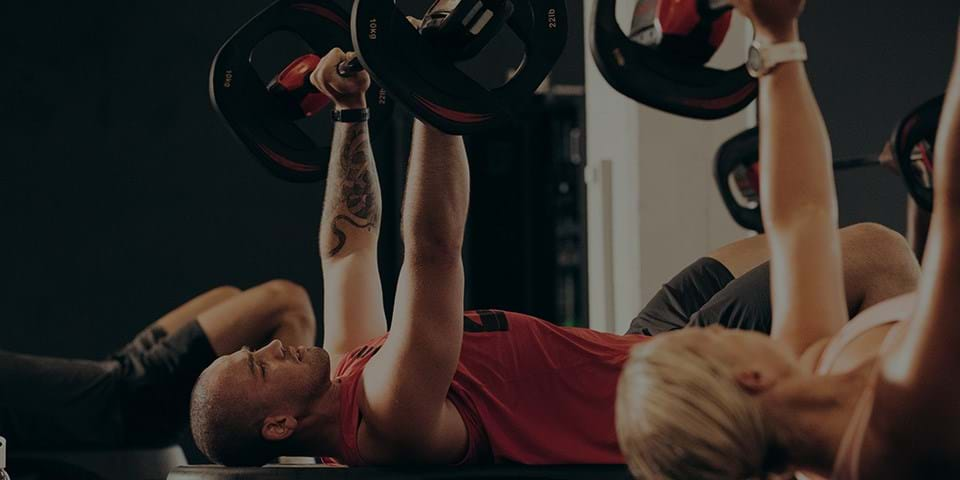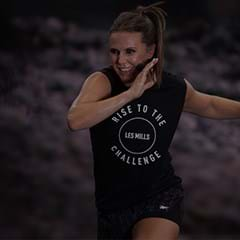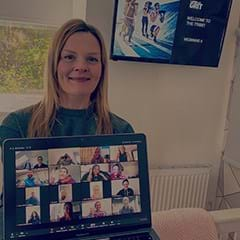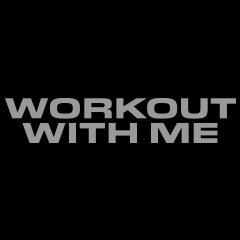“Everyone in the world has gone to bed one night or another with fear, or pain, or loss, or disappointment – and yet each of us has awakened arisen, somehow made our ablutions, seen other human beings and said: ‘Morning, how are you?’ ‘Fine, thanks – and you?’.” – Maya Angelou.
To be human is to experience suffering, and yet it’s something we often find difficult to talk about. 2020 has been a year like no other, with the pandemic ushering in tragedy, uncertainty, and fear. When LMUS Trainer Adam Snow Bramski reached out to say he wanted to share his experience of mental health challenges in the hope that it would let others know they are not alone, I was delighted to give him the floor.
SARAH SHORTT:
Hi Adam! I’m so curious to hear your story and why you wanted to talk about your challenges with mental health right now.
ADAM SNOW BRAMSKI:
You know Sarah, we did an interview a while back and it was described as “Adam Bramski gets real”. I struggled with that title because there was a one piece of me that I didn’t share and I wondered that if I did, how many more people that conversation could have helped.
Every 40 seconds, someone commits suicide. Close to 800,000 people die this way every year. Researchers believe that if the mental health crisis continues, it will be one person every 20 seconds. I know there’s no more important time than right now – with what we're going through in the world – to talk about mental health. Because this is something that everybody deals with. And if you don't personally struggle with mental health, you know somebody that does. We need to normalize these kinds of conversations, so that people experiencing mental health difficulties can realize they’re not alone.
What is your experience of dealing with challenges to mental health?
When I was 15, I attempted suicide. And after I attempted suicide, I held that story in for so long because I felt so much shame in talking about it.
I came out of hospital [after the attempt] and then it was never talked about. Ever. I don’t think my family knew how to help me. Sometimes when you don't know how to do something, you freeze. We just got comfortable in that freeze phase where it was never spoken about and I never got the help I needed at the time.
So I held it in. And when you hold that type of shame and guilt in, it gets heavier and heavier and heavier. It was almost suffocating. It went from a 50 pound weighted vest to a 100 pound weighted vest. And over the years, as I held it in, it transformed into feeling like it weighed a thousand pounds.
“I'd never lifted weights before, I failed gym class in high school – which I had been teased a lot for. So going through BODYPUMP training was definitely stepping outside of my comfort zone.”
What led to this attempt?
Well, first of all, I wasn't comfortable with my sexuality. And I also wasn't comfortable in my own skin: I didn't work out and I wasn’t confident with my body. I wasn't confident with who I was on the inside either. I was in a lot of pain and I just wanted that pain to end.
I couldn't express myself, which led to self-hatred for the fact that I had to hide who I was and what I was thinking and the sadness that I was going through. So it was at that time that I learned to put up a wall and not show certain parts of myself, including how much pain I was in.
After the suicide attempt, because of the way it was dealt with, I became very apologetic. I was like, “I'm so sorry that I did that” which led to “I’m sorry for who I am” instead of saying, “I need help”. I felt even more pain because then I felt guilt about what I did and shame about who I was. It was shame, on top of shame, on top of shame.
So when did fitness come into your life?
When I was 19, I took BODYPUMP™ for the very first time and at the end of the class I went up to the Instructor and I said, I think I want to teach this. I went through training two weeks later.
I'd never lifted weights before, I failed gym class in high school – which I had been teased a lot for. So going through BODYPUMP training was definitely stepping outside of my comfort zone.
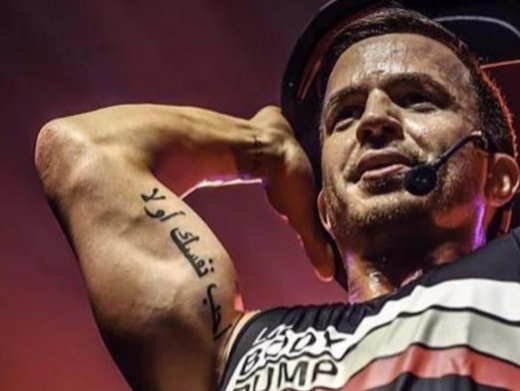
How did it feel when you first started teaching?
Very scary, because I was so insecure. But I was also incredibly proud of myself because there I was standing up in front of a group of people, leading the workout and being vulnerable. And they were all looking at me, which I wasn't comfortable with at all.
Teaching showed me I was able to help people feel better about themselves, from the inside out. It felt great knowing that I was a part of making a difference in my members' lives. So I continued on my fitness journey, continued teaching and training working on myself from the inside out.
You said you were uncomfortable with your sexuality before your suicide attempt. What is it like to be a gay man in the fitness industry?
You know what I struggled with the most? The labels around my sexuality - that gay is weak or gay is bad or gay is not strong. It was those labels that made me feel shame about it.
In the fitness world, it can feel like you have to be heterosexual in order to be considered strong. But I'm strong and I'm also gay, so I had to break down those labels in my own mind so they couldn’t be a barrier anymore. And that’s been really empowering because I've always wanted to be a role model and show the LGBTQ+ community that you can be really strong – and you can also be gay.
“You know what I struggled with the most? The labels around my sexuality - that gay is weak or gay is bad or gay is not strong. It was those labels that made me feel shame about it.”
You also mentioned you didn’t feel confident in your own skin. How has fitness helped with these feelings?
I used to be really hard on myself, on the way I looked. And this was a real paradox because the reason why I love exercise is the way it makes me feel. Yet I did feel the pressure of having to look a certain way to fit into the fitness industry’s standards, and because I felt I didn't look that way, I felt like I wasn't worthy or credible.
But things changed when I realized perfection is not synonymous with being inspirational and that fitness is not just about having a six pack and toned glutes – it also delivers incredible benefits for our mental health. I used fitness to feel better and to build my confidence from the inside out.
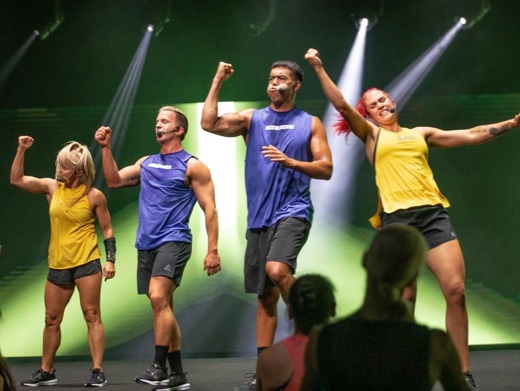
It can be really hard not to compare yourself to others in the fitness industry. What’s been your experience in this space?
I absolutely used to compare myself to so many people. I was in that comparison storm for a while. When I would have small wins, I would compare them to other people's big wins, and then it wouldn't feel like my win was enough. With social media, we have the ability to compare ourselves at any given moment. We confuse people’s highlight reel with what’s actually real!
So yes, I absolutely used to compare myself to other people. But now I'm more focused on serving and helping others than I am in comparing myself to others. I focus on being the best version of myself, rather than trying to become a not-as-good version of somebody else. Each of us are so unique and have a message to share with the world, and when you try to be anything but yourself, you miss out on the opportunity to share this with someone that may really need to hear it. There are people in our classes that love, connect and relate to us simply because we are just being ourselves. And so when you try to be someone else, you lose your ability to connect from the most real and raw place.
How has your past helped you create connections with people now?
Through my work, I’ve been labelled as “inspirational”. I’ve been placed on this stage – literally and figuratively – to be motivational, which I’ve accomplished, but nobody knew that this ability to connect and empathize with people came from a very dark past.
I’ve definitely had to do the inner work to get me to an empowering place, and fitness has played a big part in that healing because I truly believe that what we do inside the studio translates to what we do outside of the studio. When you train your mind and your body to perform under pressure in a group fitness class, that's exactly what you're able to do outside of class too. Classes have been just as much mental training as they have been physical training.
Doing the inner work has made everything else I've done more fulfilling, because I'm speaking and leading from my most authentic self. When I facilitate Initial Trainings, I'm talking from the heart. In classes, I’m allowing people to see the real me, which means I can connect with people on a deeper level. When you show up with your heart on your sleeve, you invite other people to do the same.
“With social media, we have the ability to compare ourselves at any given moment. We confuse people’s highlight reel with what’s actually real!”
So – having done all this work on yourself – how do you cope when negative thoughts show up?
You can't control the first thought that comes to your mind, but you can control the one after that. I am now so much faster at interrupting the pattern or changing my thought or my physical state. Do I have negative thoughts? Absolutely. That's normal. That's a part of being human. But I don't sit in those thoughts for very long now.
Exercise is a big part of my toolkit. Putting on some BODYATTACK™ music and just jumping around is seriously the best medicine! Or going out and smashing out a workout. I also wake up and meditate every day, and I have a gratitude journal. Every morning I list 10 things I'm thankful for. That morning routine really helps.
What advice do you have for Instructors out there who might be having a tough time right now?
I’d say: the pain inside of you is there for a purpose. Heal from it and use that pain as a way to help people, because I'm sure there are a lot of people in our classes that feel the same way we do.
People crave realness over perfection. So having these human, real and raw kinds of conversations is important. The “bad” stuff is just as important as the “good” stuff. Everybody feels pain. And that's why it's important to be real, because you then open the door for other people to express their suffering that they've been holding in for a while.
In the fitness industry, especially in the Instagram world, it can feel like, “good vibes only! Only positive thoughts!” But we need to embrace all of the vibes. I think it's important to talk about all of the vibes, because it’s only when you open yourself up to your truth that you can really begin to heal.
Struggling with mental health doesn’t mean anything more than the fact that you're feeling a lot of things and that’s nothing to be ashamed about. There's so many resources out there to provide help. And on the flip side, because I am where I am now, knowing how great it feels to heal, the journey is one hundred percent worth it.
- Find out more about World Mental Health Day
Adam Snow Bramski is a member of the LMUS TAP Team and trains BODYATTACK, BODYPUMP, GRIT, SPRINT and THE TRIP. He is the co-founder of Cultiv8 Coaching and an advocate and speaker in the LGBTQIA+ and Mental Health communities.




